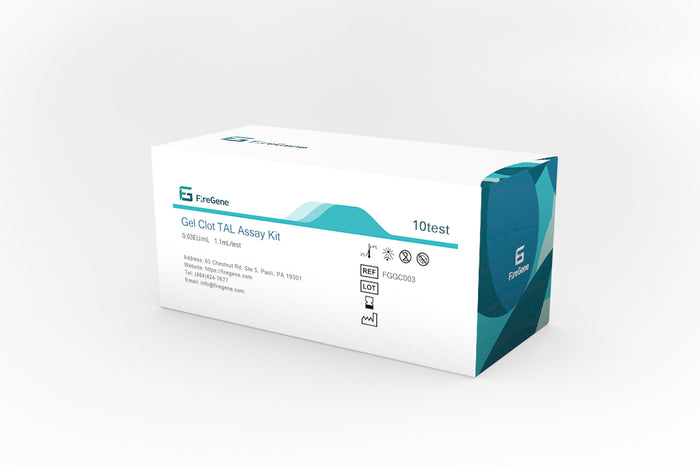
# Gel Clot Endotoxin Test Kit for Bacterial Endotoxin Detection
## Introduction to Endotoxin Testing
Endotoxins are lipopolysaccharides (LPS) found in the outer membrane of Gram-negative bacteria that can cause fever, shock, and even death when introduced into the bloodstream. The Gel Clot Endotoxin Test Kit is a reliable and widely used method for detecting these harmful substances in pharmaceutical products, medical devices, and other materials that come into contact with the human body.
## How the Gel Clot Endotoxin Test Kit Works
The Gel Clot Endotoxin Test Kit operates on the principle of the Limulus Amebocyte Lysate (LAL) reaction. When endotoxins come into contact with LAL reagent derived from horseshoe crab blood, a series of enzymatic reactions occur that result in clot formation.
The test procedure involves:
- Mixing the sample with LAL reagent
- Incubating the mixture at a controlled temperature (typically 37°C)
- Observing for clot formation after a specified time period
## Advantages of Gel Clot Method
Simplicity and Reliability
The Gel Clot Endotoxin Test Kit offers a straightforward visual endpoint determination, making it one of the simplest and most reliable methods for endotoxin detection.
Cost-Effectiveness
Compared to other endotoxin detection methods like chromogenic or turbidimetric assays, the gel clot method requires less specialized equipment, making it more economical for many laboratories.
Regulatory Acceptance
This method is recognized by major pharmacopeias including USP, EP, and JP, ensuring compliance with international standards for pharmaceutical quality control.
## Applications of Gel Clot Endotoxin Test Kit
The Gel Clot Endotoxin Test Kit finds applications in various industries:
- Pharmaceutical manufacturing
- Medical device testing
- Water quality monitoring
- Biotechnology research
- Hospital pharmacy quality control
## Choosing the Right Test Kit
Sensitivity Considerations
Gel Clot Endotoxin Test Kits are available in different sensitivity levels (typically 0.03, 0.06, 0.125, or 0.25 EU/mL) to accommodate various testing requirements.
Validation Requirements
When implementing this test method, proper validation including inhibition/enhancement testing is essential to ensure accurate results for specific sample matrices.
Keyword: Gel Clot Endotoxin Test Kit
## Conclusion
The Gel Clot Endotoxin Test Kit remains a fundamental tool for bacterial endotoxin detection, offering a perfect balance of simplicity, reliability, and regulatory acceptance. While newer methods have emerged, the gel clot technique continues to be the gold standard for many quality control applications in the pharmaceutical and medical device industries.
